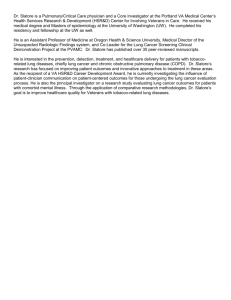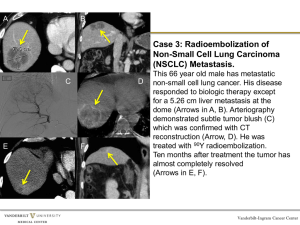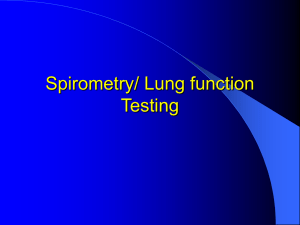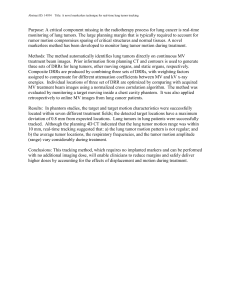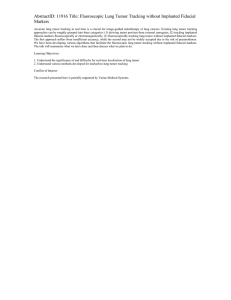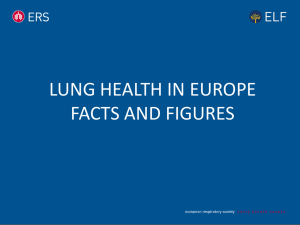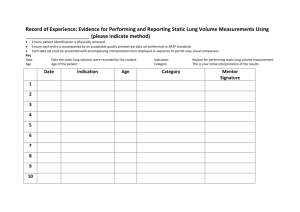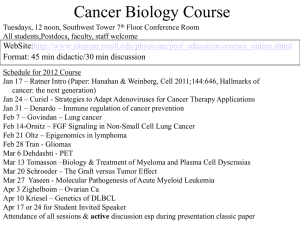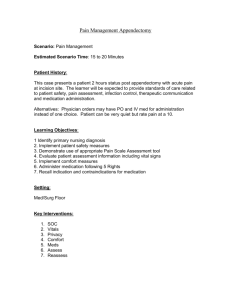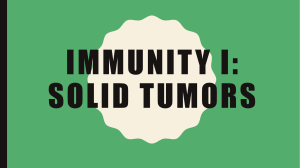2015 Dept of Med Research Day Abstract
advertisement
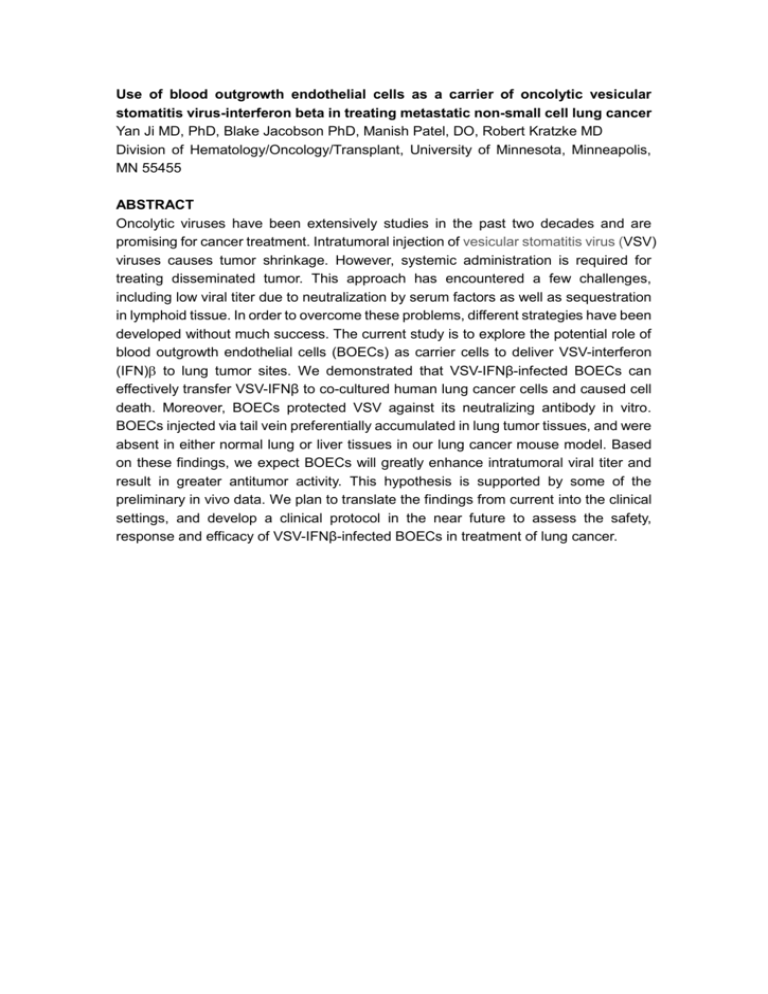
Use of blood outgrowth endothelial cells as a carrier of oncolytic vesicular stomatitis virus-interferon beta in treating metastatic non-small cell lung cancer Yan Ji MD, PhD, Blake Jacobson PhD, Manish Patel, DO, Robert Kratzke MD Division of Hematology/Oncology/Transplant, University of Minnesota, Minneapolis, MN 55455 ABSTRACT Oncolytic viruses have been extensively studies in the past two decades and are promising for cancer treatment. Intratumoral injection of vesicular stomatitis virus (VSV) viruses causes tumor shrinkage. However, systemic administration is required for treating disseminated tumor. This approach has encountered a few challenges, including low viral titer due to neutralization by serum factors as well as sequestration in lymphoid tissue. In order to overcome these problems, different strategies have been developed without much success. The current study is to explore the potential role of blood outgrowth endothelial cells (BOECs) as carrier cells to deliver VSV-interferon (IFN) to lung tumor sites. We demonstrated that VSV-IFNβ-infected BOECs can effectively transfer VSV-IFNβ to co-cultured human lung cancer cells and caused cell death. Moreover, BOECs protected VSV against its neutralizing antibody in vitro. BOECs injected via tail vein preferentially accumulated in lung tumor tissues, and were absent in either normal lung or liver tissues in our lung cancer mouse model. Based on these findings, we expect BOECs will greatly enhance intratumoral viral titer and result in greater antitumor activity. This hypothesis is supported by some of the preliminary in vivo data. We plan to translate the findings from current into the clinical settings, and develop a clinical protocol in the near future to assess the safety, response and efficacy of VSV-IFNβ-infected BOECs in treatment of lung cancer.

